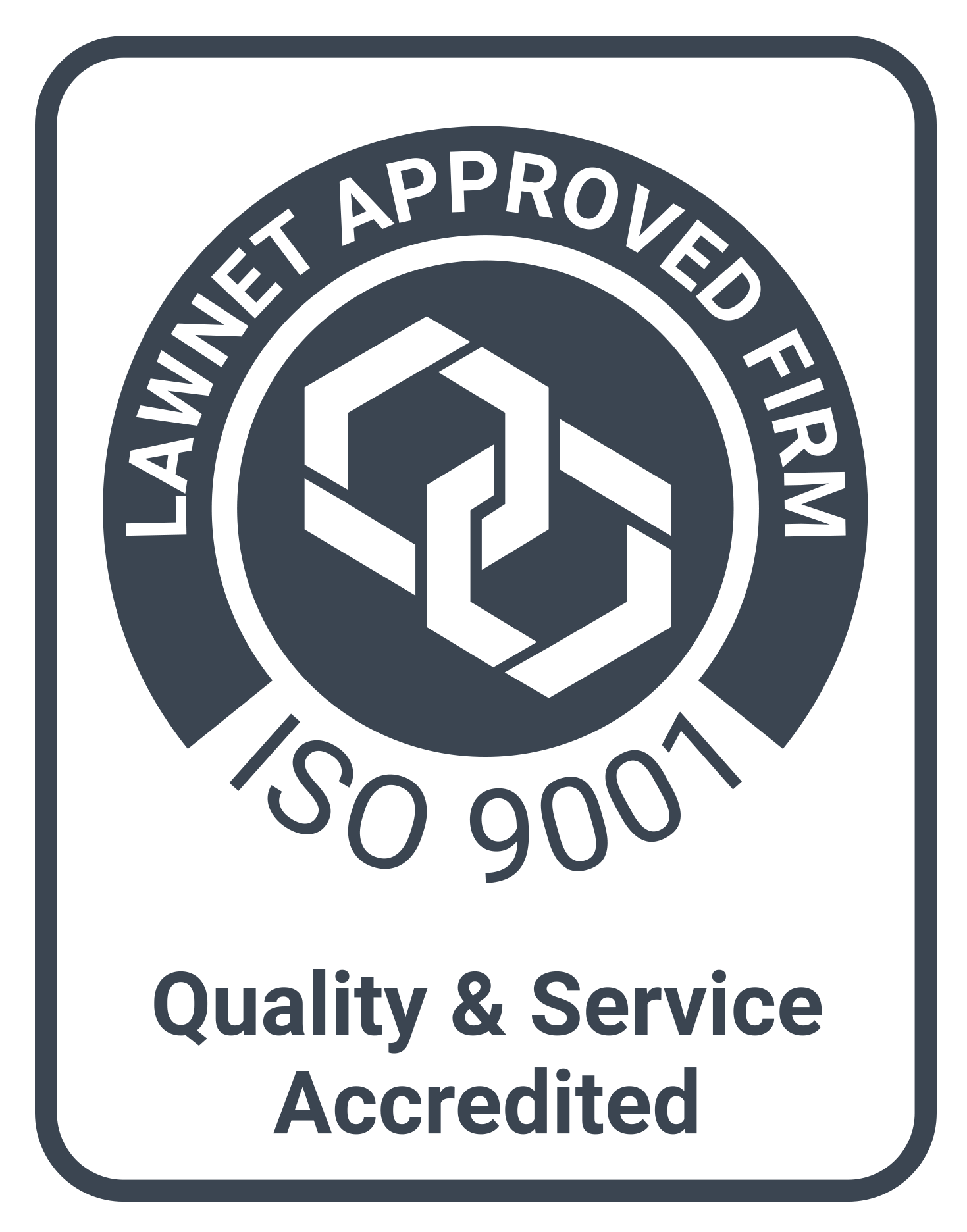Conveyancing Made Easy
By Sarah Davies, Head of Residential Conveyancing
Following on from our recently published Mortgages Made Easy article we are pleased to share Conveyancing Made Easy with you.
As with mortgages, conveyancing can be a daunting process, however once you have a handle on the terminology and a great team of conveyancers supporting you, it can be quite easy to understand.
With this in mind we present to you our Conveyancing Jargon Buster.
CONVEYANCING JARGON BUSTER
Solicitor: As your solicitor, we advise you on the legal aspects of buying and selling your home.
On a purchase, we will obtain the sales contract from the seller’s solicitor, carry out various legal checks and undertake searches on your behalf. When we are satisfied that everything is in order, we will report to you and ensure you are happy with your purchase, process the exchange of contracts and fix your completion date.
On a Sale, we will prepare your contract and support you in answering your buyer’s queries. When your buyer is satisfied that everything is in order, we will process the exchange of contracts and fix your completion date.
Mortgage: A mortgage is a long-term loan (usually from 5 to 40 years depending on your circumstances and requirements) secured against a property for the purposes of purchasing a property. Secured means that your property may be repossessed if you do not keep up repayments on the mortgage.
Freehold: Freehold is used to describe land which the owner owns the property/land outright.
Leasehold: A leasehold is a legal agreement where you buy and own a property, but not the land it’s built on. You will only own the property for a set amount of time – this is the lease. Leasehold properties may also require an annual ground rent payment. Many Leasehold properties include an obligation on the owner to pay a share of the annual costs of the building maintenance.
Memorandum of Sale: A Memorandum of Sale is a written confirmation of the offer agreed, any special terms agreed and the contact details of each parties solicitors. It’s a simple document drawn up by the estate agent, auctioneer or home buying company after the sale is agreed. It is then forwarded to the Buyer and Seller and their respective solicitors to start the sale/buying process.
Disbursements: A disbursement is a payment made by us to a third party for any service they provide in connection with your transaction. These can include property searches and land registry fees.
Property Searches: Property searches (also known as conveyancing searches) are enquiries made by us to find out more information about the property you plan to purchase. As part of the home-buying process, we will carry out a variety of ‘searches’ with the local authority and other parties. The main searches when buying a house are:
- Local Authority: provides information on matters such as planning agreements/permissions, building regulations consents, listed building status, tree preservation orders, financial charges registered against the property and compulsory purchase orders.
- Water and Property: to obtain information about sewer connections and water supply to a property
- Environmental: to check whether the land in question or any nearby land was previously used for industrial, chemical or manufacturing purposes to determine whether the property is at risk of being located on contaminated land. The search generally also provides information about flood risk, natural and non-natural ground subsidence and Energy Sources located within 5 KM of the property.
Exchange of Contracts: Exchange of contracts is usually performed between the two legal firms representing the buyer and seller who hold a duplicate contract signed by their own client. The details of the contract are confirmed and the documents are timed and dated. At this point, the buyer and seller become legally bound to continue with the transaction and a date for completion is fixed.
Completion: This is your move date. All monies will be transferred between the solicitors and once funds are received by the Seller’s solicitors and the seller has vacated you will be allowed access to the property. Keys are usually left with an estate agent for your collection.
Title Deeds: Title deeds are paper documents showing the historic chain of ownership for land and property. Once the property has been completed your solicitor will arrange for the title to be registered at Land Registry and your title deeds will be held electronically by them.
Stamp Duty and Land Transaction Tax: Stamp Duty Land Tax (SDLT), Land Transaction Tax (LTT) are the tax imposed by the English and Welsh Government on the purchase of land and properties with values above £40,000. If you use our online conveyancing quote builder, it will show you the value of any stamp duty or Land Transaction Tax which is owed. At present there are some reliefs for First Time Buyers from SDLT but not LTT.
Expert Residential Conveyancers
Our experienced and highly trained team are here to help you through your property transaction, whether it be complicated or straightforward with as little stress as possible.
If you would like a free initial consultation with one of our team contact us on: 01244 356 789 or email info@cullimoredutton.co.uk
Please note: This is not legal advice; it is intended to provide information of general interest about current legal issues.



